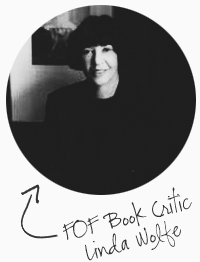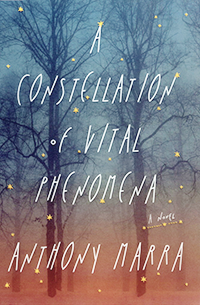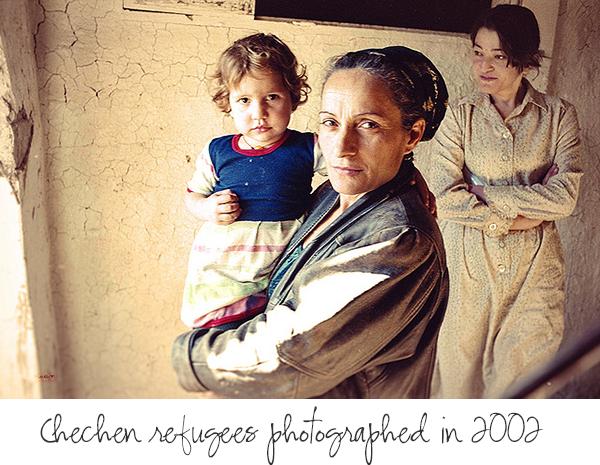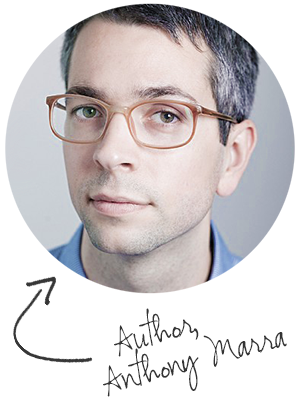{Book Critic & Giveaway} If Books Were Meals…
If books were meals, some of them would be the hearty filling kind, others, lighter fare. Here’s a book that’s really filling—the kind of novel you can chew over long after you’re done reading it—and some books that are lighter fare but are bound to amuse your bouche. Want to win a copy of one of these books? To enter to win, comment below by answering the question: Which of these books do you want to read and why?

FOF award-winning author, Linda Wolfe, has published eleven books and has contributed to numerous publications including New York Magazine, The New York Times, and served the board of the National Book Critics Circle for many years.

A Constellation of Vital Phenomena
by Anthony Marra
Hogarth Press (Random House).
A Constellation of Vital Phenomena—the title comes from the definition of life in a Russian medical textbook—was awarded the very first National Book Critics Circle’s prestigious John Leonard prize. It’s about Chechnya, and it’s an amazing novel, particularly given that its young author had never been to Chechnya. Many writing teachers tell their students, “Write what you know.” Marra believes, “Write what you want to know.” Doing intensive research, he came to know and understand the country, its history, and its people in great depth, and has produced what is decidedly the most brilliant and compelling work of all the many novels I read during our finally departed wretched winter.
Constellation tells the story of steely young Sonja, a Russian surgeon living in Chechnya who, with a mere couple of nurses, virtually no proper medical supplies, and no other doctors to assist her, decides for personal reasons to keep a Chechnyan hospital open and working throughout the ravages of war. She treats people whose limbs have been blown off by landmines, torture victims whose fingers have been severed at the joints, a whole panoply of sufferers from the inhumane harms war inflicts on civilians as well as soldiers. Sonja is brusque, sharp tongued. “Caring for the dying overwhelmed her,” Marra writes. “She couldn’t be expected to care for the living as well.”
Yet when Akhmed, “the most incompetent doctor in Chechnya,” arrives at the hospital one day with a little girl in tow and asks Sonja to shelter the child because her mother is dead, her father has been taken away by the Russian security forces, and the girl herself is being hunted, Sonja lets herself be persuaded to hide her.

Sonja and Akhmed will fall in love. The little girl will eventually be rescued. But I needn’t issue a Spoiler’s Alert; the way the love affair plays out, and the reasons Sonja agrees to save the girl are the meat of this story, and the hows and whys of what happens will keep you turning the pages as you meet character after character whose lives intertwine with those of Sonja and Akhmed. The style can sometimes be annoying; Marra, a young writer, employs the post-modern literary device so in vogue with many of today’s  young writers: jumping backward and forward in time. But despite this, the story, as if resisting trendiness, marches straightforwardly ahead. And despite the grimness of the setting, the book is not in itself grim. Rather, it’s a paean to the human ability to triumph over tragedy, a tribute to the imperishability of love and compassion in a world bent on demolishing these. Plus, there’s some of the most beguiling language on the scene today. Just for a tidbit, here’s the child, Havaa, on her father: “Her father was the face of her morning and night, he was everything, so saturating Havaa’s world that she could no more describe him than she could the air.”
young writers: jumping backward and forward in time. But despite this, the story, as if resisting trendiness, marches straightforwardly ahead. And despite the grimness of the setting, the book is not in itself grim. Rather, it’s a paean to the human ability to triumph over tragedy, a tribute to the imperishability of love and compassion in a world bent on demolishing these. Plus, there’s some of the most beguiling language on the scene today. Just for a tidbit, here’s the child, Havaa, on her father: “Her father was the face of her morning and night, he was everything, so saturating Havaa’s world that she could no more describe him than she could the air.”
Not bad, huh? And there’s lots more that’s even better.
